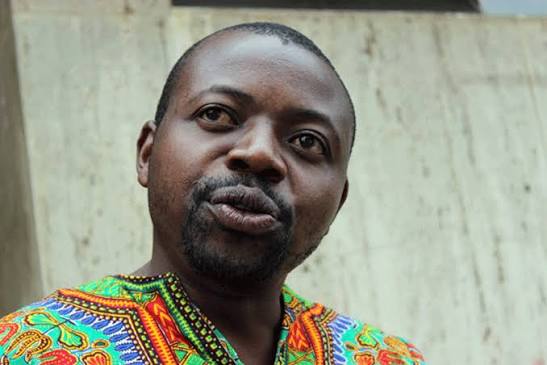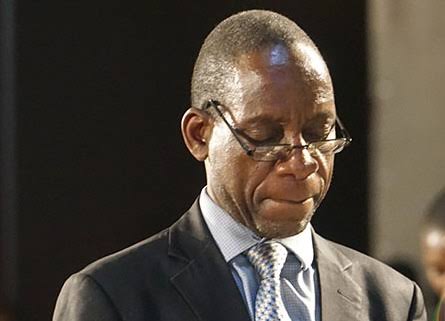By Takudzwa Changadeya
Harare – Former Finance Minister Tendai Biti has sharply criticized Zimbabwe’s Mutapa Investment Fund (MIF), accusing it of enabling “backdoor privatisation” of the country’s key state-owned enterprises while lacking accountability and oversight.
The Mutapa Investment Fund, formerly known as the Sovereign Wealth Fund of Zimbabwe, has been the center of several controversies since its restructuring in 2023.
Critics and economic analysts have raised concerns about its lack of transparency as the fund operates with minimal public scrutiny.
Parliament’s Public Accounts Committee was barred from overseeing its activities, and its employees are prohibited from disclosing information.
This opacity has raised fears that the fund could become a vehicle for mismanagement and corruption.
In a post on X, Biti on Monday raised concerns over the fund’s unchecked control of major parastatals, including Hwange Colliery, National Railways of Zimbabwe (NRZ), the Industrial Development Corporation (IDC), and NetOne.
“The Mutapa Fund has essentially been a back door privatization of 40 or so of the country’s biggest and most important parastatals that include Hwange, NRZ, IDC & Net One.
“The process was done without individual valuations of the different parastatals and parliamentary scrutiny,” Biti wrote.
In April 2024, reports emerged that the Mutapa Investment Fund paid $1,6 billion to acquire a 35 percent stake in Kuvimba Mining House from private investors.
This valuation was significantly higher than previous estimates, leading to suspicions of overpayment and potential financial impropriety
Biti further slammed the Mutapa Fund for controlling a huge stake of national assets without oversight.
“The Mutapa Fund now controls a huge chunk of the country’s balance sheet and yet is not accountable to parliament or a line ministry.
“It is a huge Asset Management Fund, privately controlled, yet it houses Sta Assets.
“This kind of arbitrage and theft is a national threat,” said Biti.
The restructuring of the fund placed it under the direct control of President Emmerson Mnangagwa and Finance Minister Mthuli Ncube, with board members appointed without broader consultation.
This centralization of power has led to apprehensions about the fund’s governance and accountability.
Biti accused Zimbabwe’s leadership of prioritizing personal gain over national interest, labeling the ruling elite as a “cabal” determined “to loot Zim dry.”
The Mutapa Investment Fund, established in 2023 to replace Zimbabwe’s Sovereign Wealth Fund, pools shares from 20 state-owned enterprises and aims to stabilize the economy and drive national development.
However, its exemption from public procurement regulations has sparked widespread criticism, with concerns over potential mismanagement and lack of oversight.



